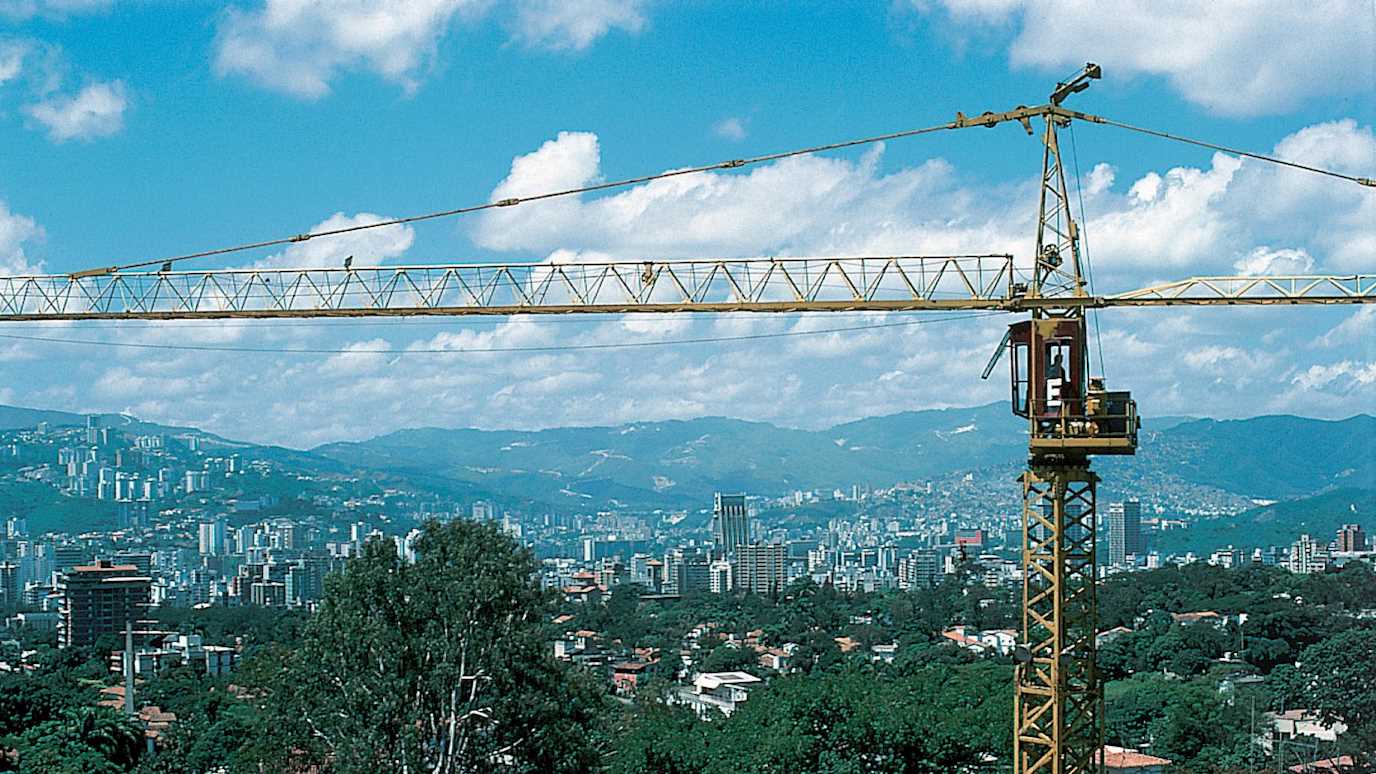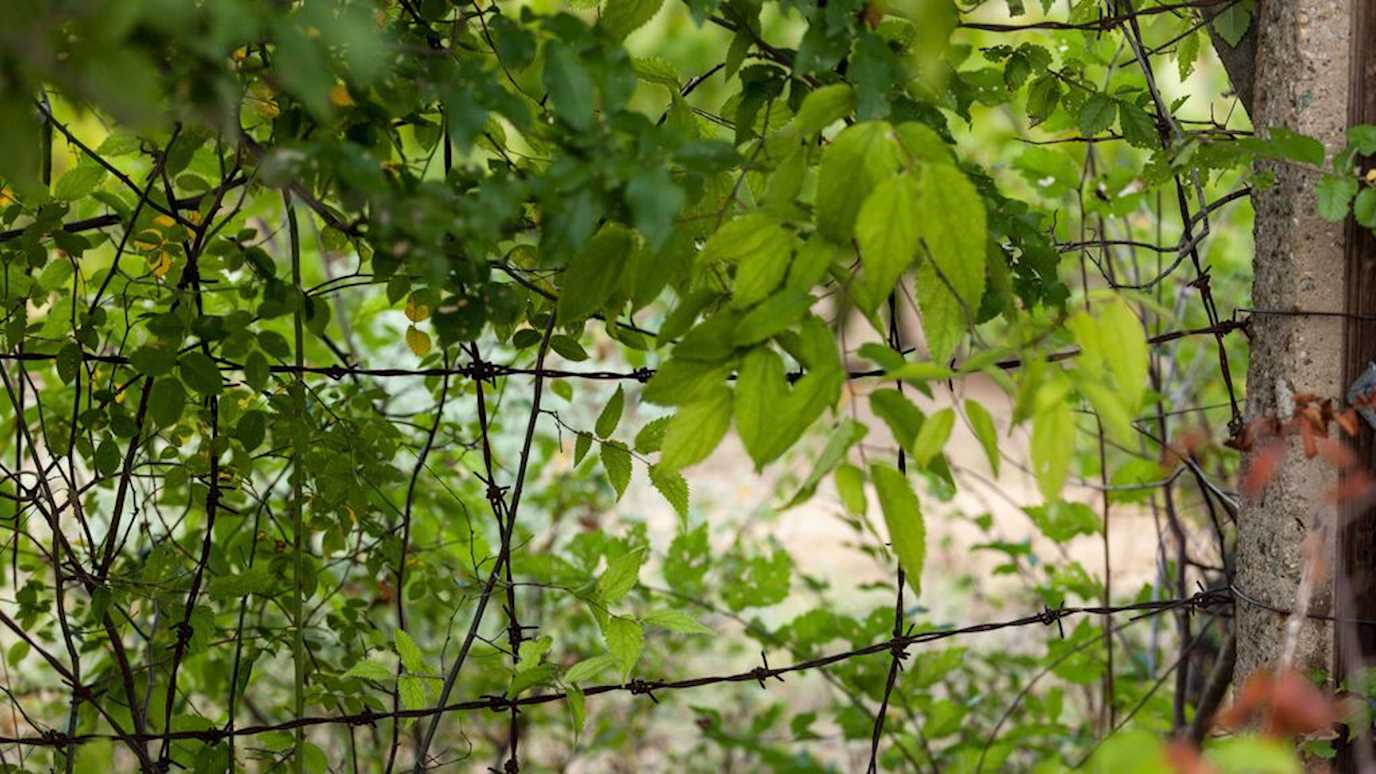Our research themes
The research of GDSJ members cross-cuts four themes. The group works through a range of methodological approaches with particular interests in participatory visual methods, transdisciplinary co-creation/-production methods, immersive and experimental methods, film and social media analysis.
Governance, justice and the Environment
GDSJ research spans a range of concerns about the governance of people’s lives in different places and spaces but especially in relation to the environment and the complex effects of climate change. Much of this work speaks to questions of justice and rights in political, development, environmental and social and cultural realms and connects to various machineries of law (Willis), financialisation (Guermond); diplomacy (Dodds, Pinkerton), activism (Mould) emergency planning (Adey; Cole; Mould), resource management (Mistry), sustainability (Dolton, Simon), and urban governance (Simon). GDSJ work encompasses important research, for example, on indigenous knowledges and citizenship rights (Eades, Mistry, Smith, Willis), territorial rights to air, ice, land and sea (Adey, Dodds, Pinkerton, Squire) and contested borders (Dodds, Pinkerton), the violent convergence of neoliberalism, (in)security, and dispossession central to work on rights to the city (Desai, Mould), human rights with a trained lens on gender and age (Bowstead, Desai, Willis) and the (in)justices of transitions to decarbonisation at multiple scales (Dolton; Parsons, Adey, Simon).
Critical Geopolitics
GDSJ brings together one of the largest cohorts of critical political geographers in the UK. Strengths centre on popular geopolitics (Dodds, Pinkerton) especially through the medium of film, creative geopolitics (Hawkins, Pinkerton, Squire), feminist and intimate geopolitics (Hawkins, Squire), everyday vertical, subterranean and submarine geopolitics (Adey, Dodds, Hawkins, Squire), health and disease (Cole, Dodds), diplomacy and statecraft at all geographical scales (Dodds, Pinkerton, Simon), and especially the body, mainly, but not exclusively, in relation to wounded, depleted, diseased or precarious bodies. This includes diverse work on gender, poverty, and households (Desai, Willis); work and embodied labour especially within the garment sector (Parsons); debt (Parsons, Guermond); and habitation in extreme environments (Squire). Related research in GDSJ includes scholarship on intimate geographies of emotion, affect and atmosphere (Hawkins, Squire, Adey), the multiple articulations of the COVID-19 pandemic (Dodds, Guermond, Mould), and the geopolitics, geoaesthetics and environmental governance of earth and rock (Hawkins; Parsons; Squire), water (Desai, Thorndycraft), ice (Dodds, Hawkins, Thorndycraft), air (Adey, Squire) and fire (Mistry, Smith).
Mobility and displacement
In 2020 seven members of the group co-edited the Handbook of Displacement with Palgrave. Scholars’ research engages in the study of different forms, processes and frames of mobility, often under forced circumstances and emergency situations, especially in the context of Climate Change. Displacement is a particular thread running through GDSJ work and has historical and contemporary resonance in its focus on everyday experiences and practices of: escape and evacuation from violence and during times of war, ‘peace’ and the aftermath of ‘natural disaster’ (Adey, Holden, Parsons, Pinkerton, Simon); accumulation by dispossession in cities (Desai, Dolton); remittance flows and migrant debt (Guermond; Parsons); and uncertain journeys taken by vulnerable groups including asylum seekers, climate-vulnerable migrants and precarious migrant labour (Parsons, Willis).
Digital geographies and cyber securities
GDSJ researchers have been especially interested in the role of the digital in re-mediating political and social relations, troubling modes of governance, diplomacy, and everyday life including debt (Eades, Guermond, Pinkerton). Utilising digital research methods has also enabled GDSJ researchers to experiment with GIS (Eades) and VR worlds for earth futures (Squire), public engagement and storytelling (Holden) and post-conflict spaces and processes of peace and reconciliation (Pinkerton). GDSJ researchers have played an important role in supporting the Centre for Doctoral Training in Cyber Security at Royal Holloway which is a major research and training route for cyber security researchers interested in combining technical, social and political approaches to cyber security. Our students have worked on topics as diverse as cryptocurrencies; maritime cyber security; femtech; data embassies; search algorithms and digital capitalism; feminist and decolonial approaches; gaming.























